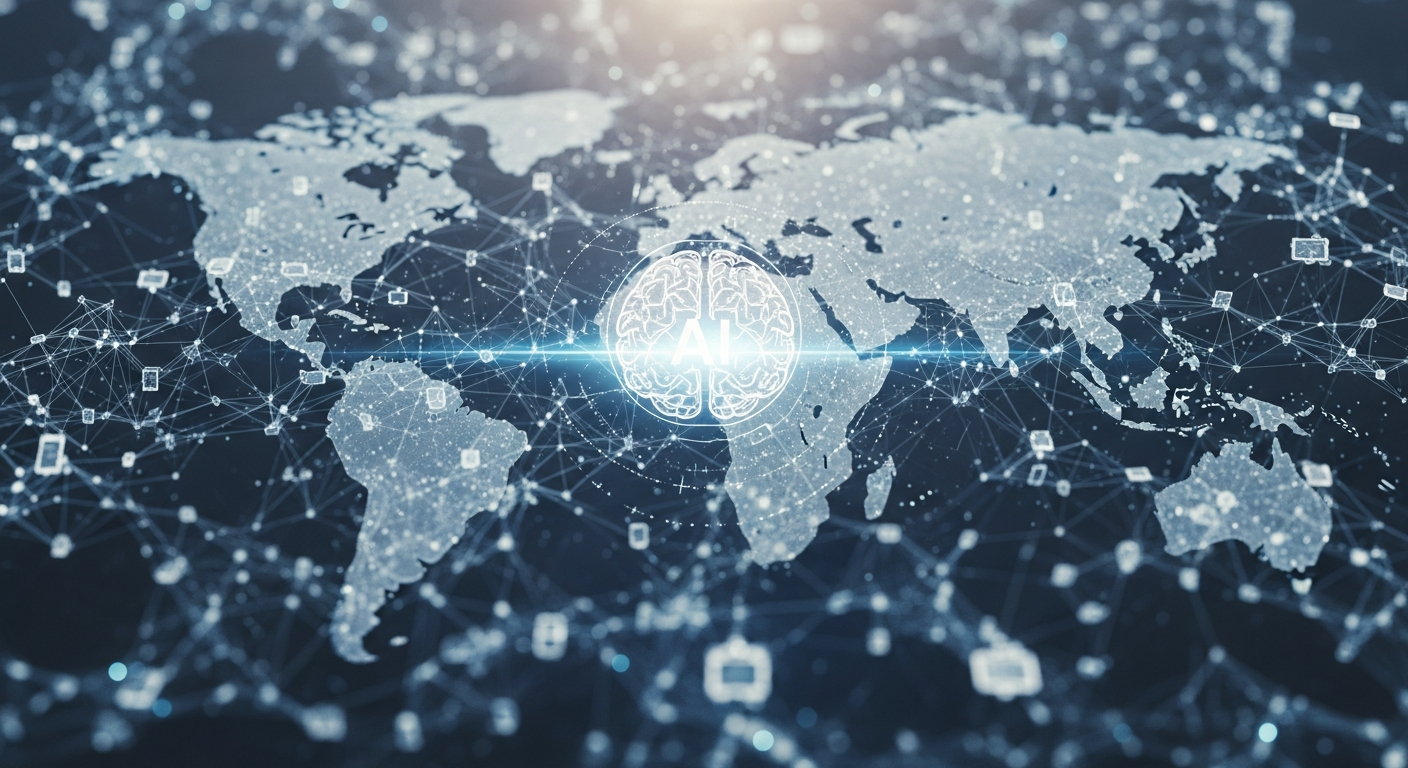
The recent global downtime of ChatGPT, a tool many of us now instinctively reach for, has given me pause. It serves as a stark, albeit temporary, reminder of the delicate balance we navigate as we increasingly rely on artificial intelligence for everything from information retrieval to creative assistance. While the details of the outage are still emerging, the ripple effect was palpable across the digital landscape.
I’ve often reflected on the evolving nature of information and technology. Years ago, I envisioned a future where our interaction with digital platforms would transcend mere searching. I wrote about this in my blog, Future of Search Engines, predicting that in another 25 years, we wouldn't search for information but rather present a 'problem' to a handheld device and receive a 'readymade solution/answer/advice.' ChatGPT, in many ways, embodies this very prediction, and its temporary absence underscored how deeply integrated such a system has become into our daily workflows and expectations.
This incident also brings to mind my discussions with Manish, Sandeep (LinkedIn, sandeep.ahuja@cove.inc), and Sanjivani (LinkedIn, jethwane@amazon.com) regarding the evolution of 'Blog Genie V 2.0' (Blog Genie V 2.0). We talked about automating content creation, moving from manual operations to a V 2.0 spider/crawler that would autonomously gather and generate content. I recall discussing the feasibility of such automation with Kishan (LinkedIn, kishan@enjoyevervibe.com), and the broader idea that while ideas are a 'dime a dozen,' implementation is key. I even drew a parallel to the Rakshasha brothers, Ahi-Ravana and Mahi-Ravana, illustrating how a single entity could multiply and go viral—a metaphor for the pervasive, self-replicating nature of digital content and, indeed, the rapid spread of AI's utility.
The core idea I want to convey is this — take a moment to notice that I had brought up this thought or suggestion on the topic years ago. I had already predicted this outcome or challenge, and I had even proposed a solution at the time. Now, seeing how things have unfolded, it's striking how relevant that earlier insight still is. Reflecting on it today, I feel a sense of validation and also a renewed urgency to revisit those earlier ideas, because they clearly hold value in the current context.
My thoughts on crafting compelling content, shared with Zeke Camusio (LinkedIn, zeke@dataspeaks.ai), and the practical considerations of building a robust online presence, which I discussed with Sanjivani (LinkedIn, jethwane@amazon.com), Kailas (LinkedIn, kailas.tare@notified.com), Shuklendu (LinkedIn, shuklendu.baji@sentientsystems.net), Shivanand (LinkedIn, shivanand_sinha@mckinsey.com), and Rajesh in the context of my own website development (11 WordPress Techniques for Pretty Posts that Pack a Punch, Designing of www.hemenparekh.in site), resonate deeply with this situation. The importance of reliable infrastructure and seamless user experience cannot be overstated, especially when the 'medium' itself becomes an extension of our senses, as Marshall McLuhan so eloquently put it in his concept of 'The Medium is the Massage' Redesigning Newspapers.
This brief disruption is a powerful reminder that while AI is transformative, it is still a technology under development, with inherent vulnerabilities. It reinforces Ted Levitt's timeless admonition: “If you don’t make yourself obsolete, someone else will.” This applies not just to individuals and businesses, but to technologies as well. The 'positioning' of AI in our minds, a concept Jack Trout would appreciate, has shifted slightly—from infallible oracle to powerful, yet still fallible, tool.
It prompts us to consider redundancy, alternative solutions, and perhaps a more balanced approach to our digital reliance. The future is undoubtedly AI-powered, but resilience and critical thinking will remain our most valuable assets.
Regards,
Hemen Parekh
Of course, if you wish, you can debate this topic with my Virtual Avatar at : hemenparekh.ai






No comments:
Post a Comment